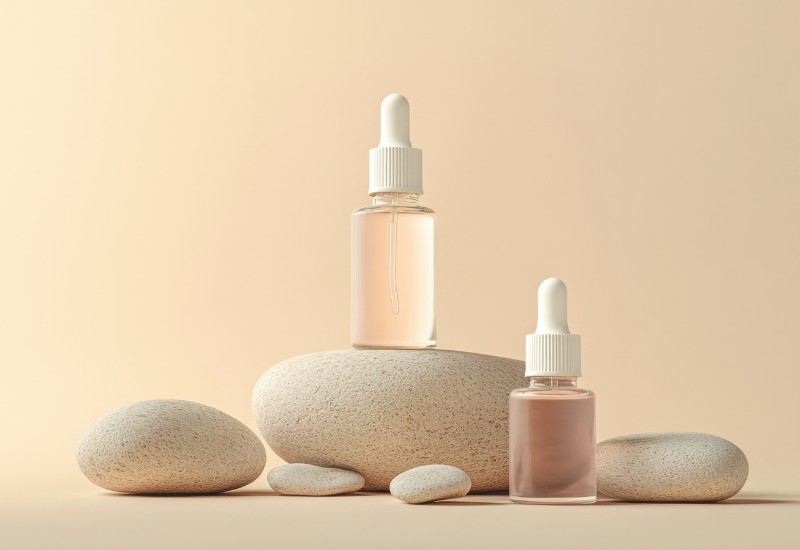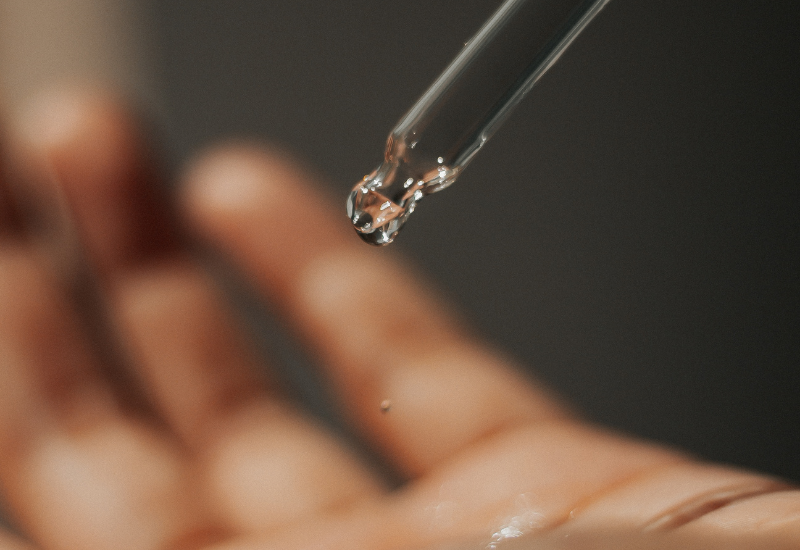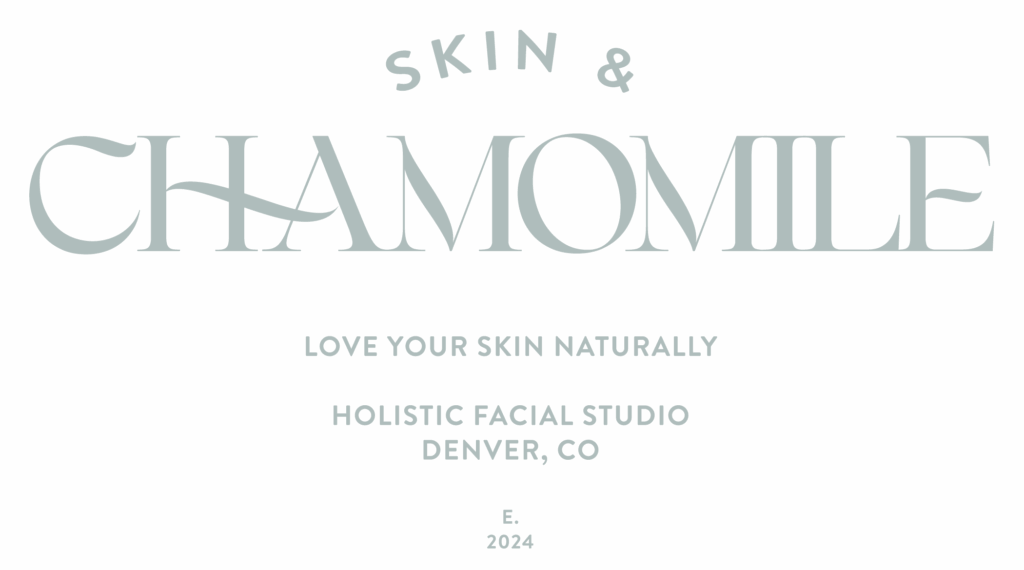
Pregnancy brings so many changes to your body, and your skin is no exception. You might be noticing new sensitivities, unexpected breakouts, or perhaps that coveted pregnancy glow everyone talks about. Along with these changes often comes confusion about what skincare ingredients and treatments are safe during this special time.
The good news is that pregnancy doesn’t mean you have to abandon all hopes of maintaining healthy, comfortable skin. With thoughtful choices and a focus on natural, gentle approaches, you can address your changing skin needs while keeping both you and your growing baby safe and healthy.
Understanding Pregnancy Skin Changes
Your body is doing incredible work growing a tiny human, and these remarkable changes often show up in your skin. Understanding what’s happening can help you adjust your skincare approach with patience and wisdom.
Hormonal Fluctuations
The surge in hormones, particularly estrogen and progesterone, affects everything from oil production to pigmentation. Some women experience the famous pregnancy glow from increased blood circulation and oil production, while others might deal with unexpected acne or increased sensitivity.
Increased Blood Volume
Your body increases blood volume by about 50% during pregnancy, which can create that lovely rosy glow but might also make you more prone to broken capillaries or increased facial redness.
Pigmentation Changes
Many pregnant women experience melasma, often called “the mask of pregnancy,” which appears as dark patches on the face. You might also notice darkening of existing freckles, moles, or a dark line down your abdomen (linea nigra).
Skin Sensitivity
Your skin may become more reactive during pregnancy, even if you’ve never had sensitive skin before. Products you’ve used for years might suddenly cause irritation or breakouts.
Ingredients to Avoid During Pregnancy
While the list of ingredients to completely avoid during pregnancy isn’t as long as some sources suggest, there are certain components that are best avoided as a precautionary measure.
Retinoids
This includes prescription tretinoin, over-the-counter retinol, and retinyl palmitate. High doses of vitamin A derivatives have been linked to birth defects, so it’s best to avoid these entirely during pregnancy and breastfeeding.
High-Dose Salicylic Acid
While small amounts in cleansers are generally considered safe, high-concentration salicylic acid treatments (like strong peels) should be avoided. The small amounts in gentle exfoliating products are typically fine.
Hydroquinone
This bleaching agent for hyperpigmentation has higher absorption rates than previously thought, so most dermatologists recommend avoiding it during pregnancy.
Certain Essential Oils
Some essential oils like rosemary, sage, and peppermint in high concentrations may not be advisable during pregnancy. However, many gentle essential oils used in small amounts in skincare products are perfectly safe.
Safe and Effective Natural Alternatives
The beauty of natural skincare is that many gentle, plant-based ingredients are not only safe during pregnancy but can be particularly beneficial for addressing pregnancy-specific skin concerns.
For Hyperpigmentation
Instead of hydroquinone or strong acids, look for gentle brightening ingredients like vitamin C from natural sources, licorice root extract, and kojic acid from fermented rice. These work gradually to even skin tone without the concerns associated with stronger bleaching agents.
For Acne
Rather than reaching for benzoyl peroxide or strong salicylic acid treatments, consider gentle alternatives like willow bark extract (a natural, mild form of salicylic acid), tea tree oil in low concentrations, and clay masks for oil control.
For Anti-Aging
Since retinoids are off-limits, focus on antioxidant-rich ingredients like vitamin C, green tea, and niacinamide. These support your skin’s natural repair processes and provide anti-aging benefits without any pregnancy concerns.
For Sensitivity
Soothing botanicals like chamomile, aloe vera, and oatmeal can help calm increasingly sensitive skin without any risk to you or your baby.
Professional Treatments During Pregnancy
Many expecting mothers assume that all professional skincare treatments are off-limits during pregnancy, but this isn’t necessarily true. Several gentle, natural treatments can be both safe and beneficial for pregnant skin.
Organic Botanical Facials
Customized facials using organic, pregnancy-safe botanical ingredients can provide deep cleansing and nourishment for changing skin. These treatments focus on gentle extraction, hydrating masks, and relaxing massage techniques that support both skin health and overall well-being.
Gentle Enzyme Peels
Mild fruit enzyme peels can provide gentle exfoliation to help with pregnancy acne or dull skin without the concerns associated with stronger chemical peels. These treatments use natural fruit enzymes to remove dead skin cells and promote healthy cell turnover.
Lymphatic Drainage
This gentle massage technique can be particularly beneficial during pregnancy, helping to reduce facial puffiness and under-eye bags that often accompany pregnancy. The gentle, rhythmic movements also provide relaxation benefits.
LED Light Therapy
Red and near-infrared light therapy is considered safe during pregnancy and can help with acne, inflammation, and overall skin healing without any topical products that might cause concerns.
Building Your Pregnancy-Safe Routine
Creating an effective pregnancy skincare routine involves choosing gentle, nourishing products that address your changing skin needs without any ingredients of concern.
Gentle Cleansing
Pregnancy skin often benefits from cream or oil-based cleansers that remove impurities without stripping natural oils. Look for products with chamomile, aloe, or gentle plant-based cleansing agents.
Hydration Focus
Many pregnant women experience drier skin, particularly in Colorado’s arid climate. Layer hydrating products like hyaluronic acid serums under nourishing moisturizers to maintain optimal moisture levels.
Sun Protection
Pregnancy can increase your skin’s photosensitivity, making sun protection even more crucial for preventing melasma and other pigmentation issues. Mineral sunscreens with zinc oxide or titanium dioxide are excellent choices during pregnancy.
Stretch Mark Prevention
While genetics play a role in stretch mark formation, keeping your skin well-moisturized can help. Look for natural oils like cocoa butter, shea butter, or rosehip oil to support skin elasticity.
Addressing Common Pregnancy Skin Concerns
Each pregnancy skin concern requires a slightly different approach, all within the framework of safe, natural ingredients.
Pregnancy Acne
If you’re experiencing unexpected breakouts, focus on gentle cleansing with products containing willow bark or tea tree oil in low concentrations. Clay masks once or twice weekly can help absorb excess oil without over-drying your skin.
Melasma and Dark Spots
Prevention is key with pregnancy pigmentation. Consistent sun protection combined with gentle brightening ingredients like vitamin C and licorice root can help prevent new spots and gradually lighten existing ones.
Increased Sensitivity
If your skin has become more reactive, simplify your routine and focus on barrier-supporting ingredients like ceramides, cholesterol, and gentle botanical oils. Avoid products with strong fragrances or essential oils.
Dry Skin
Combat dryness with hydrating layers—start with a hydrating toner or essence, add a hyaluronic acid serum, and finish with a nourishing moisturizer. Don’t forget to extend your skincare routine to your neck and décolletage, which may also become drier during pregnancy.
The Importance of Patch Testing
During pregnancy, your skin’s reactivity can change seemingly overnight. Even products you’ve used safely before pregnancy might suddenly cause irritation. This makes patch testing more important than ever.
When trying any new product, apply a small amount to your inner wrist or behind your ear and wait 24-48 hours to see if any reaction occurs. This simple step can save you from uncomfortable reactions on your face.
Colorado Considerations for Pregnant Skin
Our state’s unique environment presents some specific considerations for expecting mothers managing their skin health.
High Altitude Effects
Colorado’s elevation can intensify UV exposure, making sun protection even more critical during pregnancy when your risk of developing melasma is already increased. Reapply mineral sunscreen frequently, especially if you’re spending time outdoors.
Dry Climate Challenges
The low humidity can exacerbate pregnancy-related skin dryness. You may need to use richer moisturizers than usual and consider adding a humidifier to your bedroom to help maintain skin hydration overnight.
Seasonal Adjustments
Your skin’s needs may change more dramatically with Colorado’s seasons during pregnancy. Be prepared to adjust your routine as the weather changes, and don’t be surprised if products that worked well in summer feel inadequate during our dry winters.
Nutrition and Hydration for Healthy Skin
What you put into your body is just as important as what you put on your skin, especially during pregnancy when you’re supporting both your own health and your baby’s development.
Hydration
Adequate water intake becomes even more crucial during pregnancy, both for your overall health and your skin’s appearance. Colorado’s dry climate and high altitude can increase your hydration needs, so aim for at least eight glasses of water daily, or more if recommended by your healthcare provider.
Omega-3 Fatty Acids
These essential fats support skin barrier function and can help minimize inflammation. Safe sources during pregnancy include wild-caught salmon, walnuts, and chia seeds.
Antioxidant-Rich Foods
Colorful fruits and vegetables provide vitamins and antioxidants that support skin health from within. Berries, leafy greens, and sweet potatoes are excellent choices that also provide nutrients important for fetal development.
Managing Stress for Better Skin
Pregnancy can be a time of excitement mixed with anxiety, and stress can definitely impact your skin’s behavior. Finding healthy ways to manage stress benefits both your complexion and your overall well-being.
Gentle Exercise
Activities like prenatal yoga, walking, or swimming can help reduce stress while improving circulation, which benefits your skin. Always check with your healthcare provider before starting any new exercise routine during pregnancy.
Relaxation Techniques
Practices like meditation, deep breathing, or prenatal massage can help manage stress levels. Consider incorporating these into your skincare routine—perhaps practicing deep breathing while applying your moisturizer or doing gentle facial massage.
Adequate Rest
Quality sleep becomes more challenging as pregnancy progresses, but it remains crucial for skin health and overall well-being. Create a relaxing bedtime routine that includes gentle skincare as a form of self-care.
Postpartum Skin Considerations
Your skin journey doesn’t end when your baby arrives. Planning ahead for postpartum skin changes can help you transition smoothly.
Breastfeeding Considerations
If you plan to breastfeed, you’ll need to continue avoiding certain ingredients like retinoids. However, many of the natural approaches you used during pregnancy will continue to serve you well.
Hormonal Fluctuations
Your hormones will continue to change after birth, particularly if you’re breastfeeding. Be prepared for your skin to potentially change again and remain flexible with your skincare routine.
Time Constraints
New motherhood often means less time for elaborate skincare routines. The gentle, natural approach you develop during pregnancy can easily adapt to a simplified postpartum routine when needed.

When to Consult Professionals
While natural skincare is generally very safe during pregnancy, there are times when professional guidance can be valuable.
Severe Skin Changes
If you experience severe acne, significant pigmentation changes, or unusual skin reactions, consult with both your healthcare provider and a skincare professional experienced in pregnancy-safe treatments.
Product Guidance
A knowledgeable esthetician can help you navigate ingredient lists and develop a routine that’s both effective and completely safe for pregnancy.
Treatment Planning
Planning professional treatments during pregnancy requires expertise in what’s safe and effective during this special time. An experienced professional can create a treatment plan that addresses your concerns while prioritizing safety.
Embracing Your Pregnancy Skin Journey
Your skin during pregnancy is a reflection of the incredible changes happening within your body. Rather than fighting these changes, try to work with them using gentle, natural approaches that support both your skin’s health and your overall well-being.
Remember that pregnancy is temporary, and many skin changes will resolve on their own after birth as your hormones stabilize. Focus on maintaining healthy, comfortable skin rather than achieving perfection, and don’t hesitate to simplify your routine if needed.
This is a time to be extra gentle with yourself, both emotionally and physically. Choose skincare approaches that feel nurturing and supportive, and remember that taking care of your skin is one way of taking care of yourself during this transformative time.
About Skin + Chamomile
Skin + Chamomile celebrates the beauty of pregnancy and understands the unique skincare needs of expecting mothers. Our Denver holistic facial studio specializes in natural, organic treatments that are completely safe for both mother and baby. We believe that pregnancy should be a time of glowing skin and peaceful self-care, which is why all our treatments use only the purest botanical ingredients. Our experienced estheticians are well-versed in pregnancy-safe skincare and can help you maintain beautiful, healthy skin throughout your entire pregnancy journey.
Ready to glow naturally during your pregnancy? Discover how our gentle, organic treatments can help you feel radiant and confident throughout this beautiful time. We’re here to support you with safe, effective skincare that honors both your changing needs and your growing baby’s well-being.
Schedule your pregnancy-safe facial today and let us help you embrace your natural pregnancy glow with treatments designed specifically for expecting mothers.

Skin + Chamomile | Denver Facial and Skincare Studio
Located inside Nurture at 2949 Federal Blvd. Suite #210, Denver, CO 80211
Phone: 817-454-4059
Online Booking + Appointments: Click Here to Book

Hours:
Mon 8am – 7pm
Tues. 8am – 7pm
Weds. 8am – 7pm
Thurs. 8am – 7pm
Fri. 8am – 7pm
Sat. 8am – 7pm
Sun. Closed